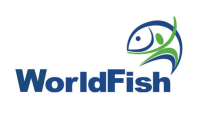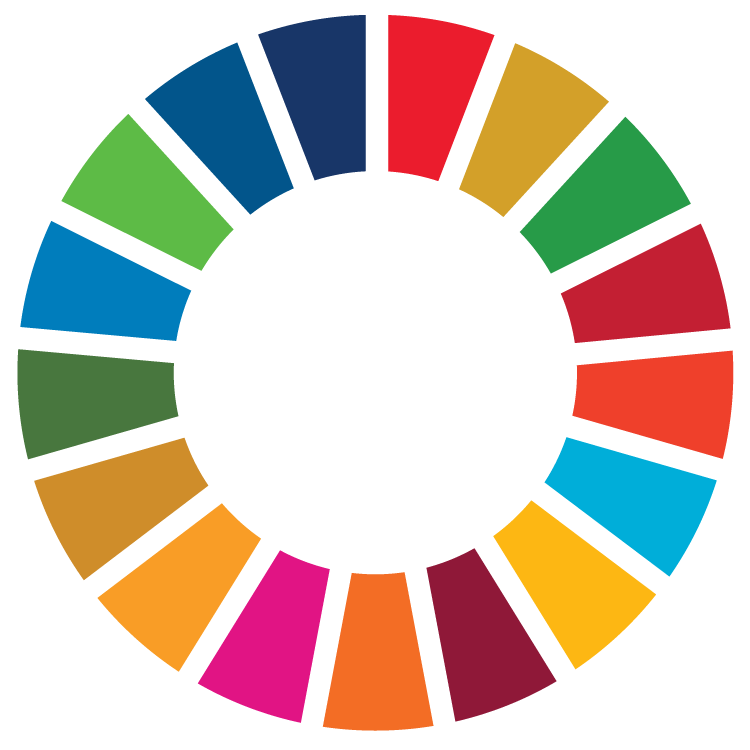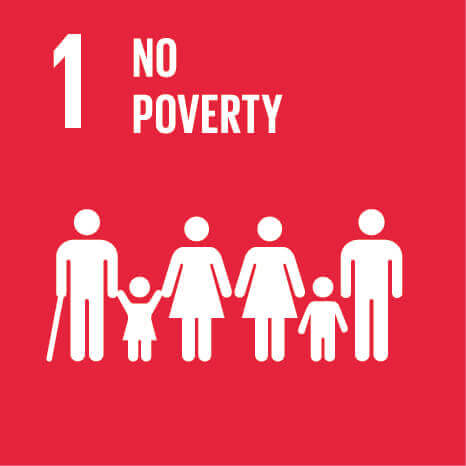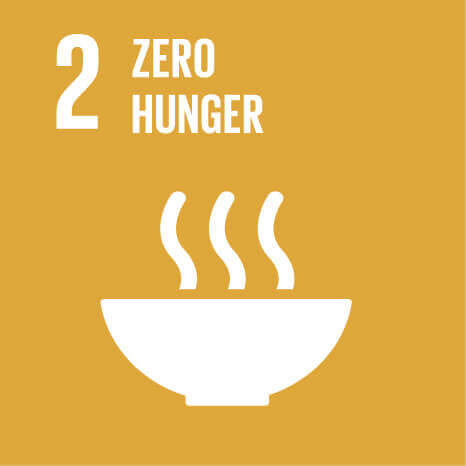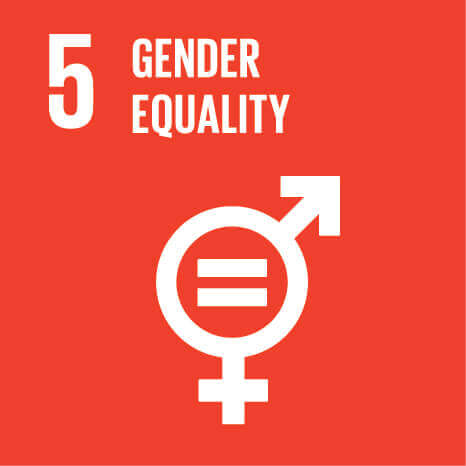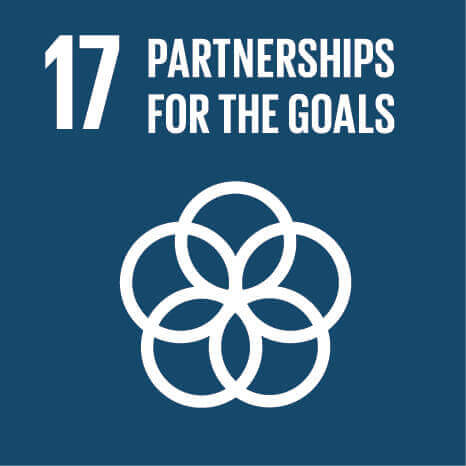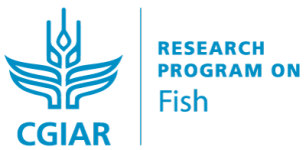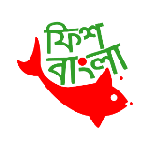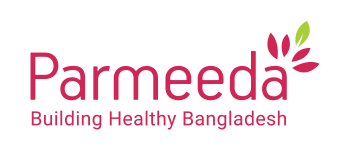More than 261,201 fish producers in Bangladesh adopt improved pond management practices
Published on: April 22, 2022, Submitted by Valentina Ceccarelli on: April 15, 2022, Reporting year: 2021
261,201 households in Bangladesh have successfully implemented improved pond management practices as a result of the USAID-funded 'Feed the Future Bangladesh Aquaculture Activity (BAA)' project intervention in Bangladesh. In total, 80,368 hectares of pond area in Bangladesh have been under improved management.
WorldFish trained farmer and his wife, Bangladesh
Bangladesh aquaculture is characterized by a diversity of farming systems and management practices, due in part to the rapidity of change and development in the sector, and to the diversity of specialized production technologies that have emerged in response to local comparative advantages in different regions of the country (WorldFish, 2015). This diversity presents challenges and opportunities to public and private sector extension systems supporting wide adoption of better management practices (BMP) across the aquaculture sector. Available aquaculture management and business practice guidelines and extension materials are scattered across many public and private groups, of variable quality, and disseminated in various media by groups with mixed capacity. Meanwhile, women and men fish farmers are commonly reluctant to change from current practices because of added risk to farming systems that are already vulnerable to a wide range of external factors. International standards for aquaculture certification are rarely applied, due to lack of Bangladesh-specific guidelines, low awareness for adoption among farmers and value chain actors and lack of market incentives. Compared to other Asian countries, Bangladesh lagged in the development and application of better management practices across major aquaculture farming systems and commodities. International standards for aquaculture certification were rarely applied, due to lack of Bangladesh-specific guidelines, low awareness for adoption among farmers and value chain actors and lack of market incentives.
The BAA project aspires to enhance the sustainable livelihoods of fish farmers and other aquaculture market actors through an inclusive and positive market systems approach. The project is implemented across 21 south-western districts and 2 South-east districts in Bangladesh Feed the Future Zone of Influence (ZOI) and Zone of Resilience (ZOR). The development of the aquaculture sector in these areas can play an essential role in transforming the context, increasing production and income opportunities for all the aquaculture value chain actors.
The project introduced, documented and shared various best management practices (BMPs), personalized to different social backgrounds, growing conditions, farmer capabilities and aquaculture production systems. The activities focused on aquaculture technologies (improved genetics, fish health, feed and harvesting technology), many of which are gender-sensitive, environmentally sustainable production systems for smallholders, and gender barriers and opportunities in the aquaculture value chain. To sustainably increase aquaculture production of farmed fish, approaching Asia regional standards of quality, pond farmers, input suppliers and their buyers must adopt and use better seed, feed, and BMPs throughout the fish value chain.
Significant progress has been made toward the project's objectives. As a result of the activities, more than 261,201 households in Bangladesh have adopted improved pond management practices. In the intervention areas, 4,768 people have been supported to exit poverty thanks to the fish sale.
The project enhanced the fish farmers' knowledge and capabilities; 45,002 people, of which 43,063 were females, participated in capacities development activities conducted in collaboration with the partners on different subjects, including nutrition, hygiene, marketing and financial literacy. Information, education and communication (IEC) materials have been developed and distributed.
In addition, 270,599 MT of fish were produced due to the adoption of best management practices and technologies, contributing to increased water and nutrient efficiency in the agro-ecosystem and reduced greenhouse gas (GHG) emissions. The project also placed 80,368 hectares of pond area under better management, restoring degraded lands.
Although the restrictions imposed by COVID-19 have prevented farmers from selling fish and purchasing inputs, Bangladesh Aquaculture Activity (BAA) acted to reduce the impact of this critical situation by following possible alternative opportunities and leveraging on its many long-standing relationships with private sector partners. In 2021 BAA engaged partnerships with 40 new actors involved in the aquaculture sub-sector and/or food-fish trade. These have resulted in a series of innovations, aiming particularly at digitalising and facilitating processes along the value chain. Some examples include:
- Digital feed supply chain management system for efficient fish feed delivery in Bangladesh
- ‘Macher Gari’ an innovative way to increase availability and accessibility of aquaculture inputs to farmers in Bangladesh
- KIU Bookkeeping App: a digital lending mechanism to promote easy access to cash flow finance
- Cold chain: mitigating post-harvest fish losses through a modern transport system and cold chain in Bangladesh
- The Right Haat: promoting a digital advisory platform for aquaculture stakeholders in Bangladesh
The collaboration with the private sector has demonstrated to be particularly successful in promoting a wider and more efficient dissemination of technologies and uptake of practices to boost the aquaculture sector in Bangladesh,. This will ultimately conduct to increased productivity, income from fish farming and improved dietary diversity. The activity will continue to work with all key market system actors – private sector, government, universities, and civil society organizations – to re-align functions with the players best-positioned to advance continued aquaculture transformation that is inclusive of disadvantaged groups, including women and youth. In 2021, the initiative created business opportunities for 570 youth.
Stage of Maturity and Sphere of influence
-
Stage of Maturity: Stage 2
-
Contributions in sphere of influence:
1.3.4 - More efficient use of inputs
1.4.2 - Closed yield gaps through improved agronomic and animal husbandry practices
Acknowledgement
This work was undertaken as part of the CGIAR Research Program on Fish Agri-Food Systems (FISH) led by WorldFish. The program is supported by contributors to the CGIAR Trust Fund. Funding support for this work was provided by USAID under Feed the Future initiative, Bangladesh Aquaculture and Nutrition Activity.
